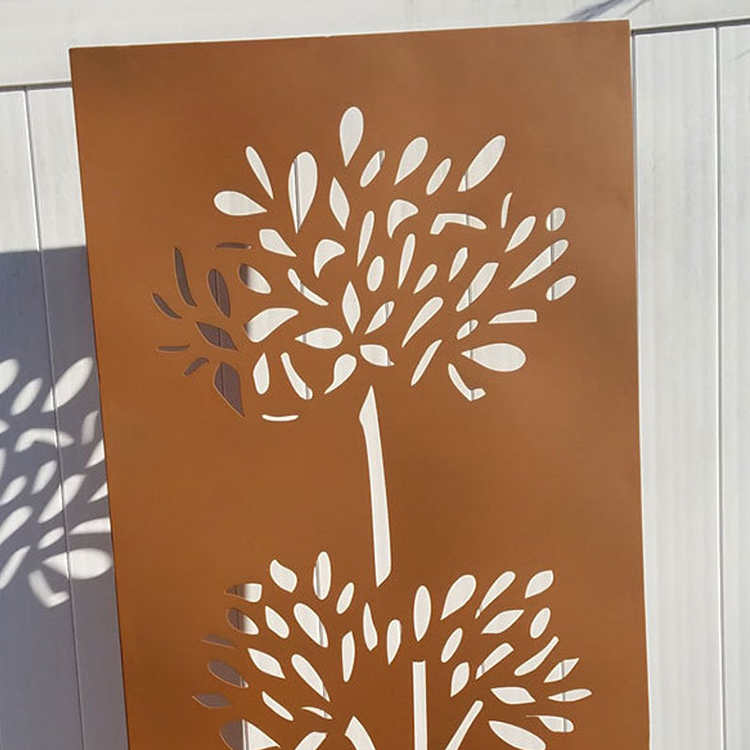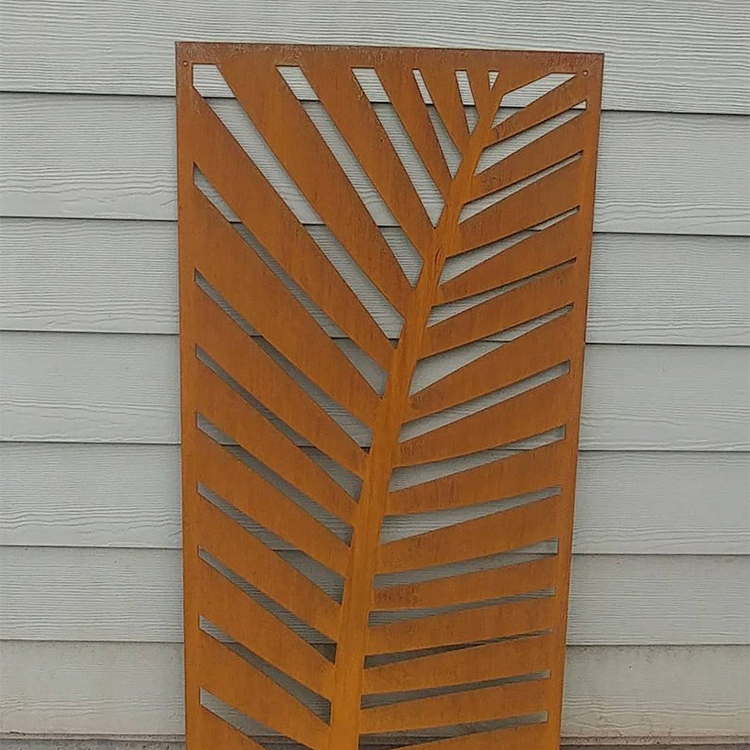Ferrovanadium Forging Stronger Steel Structures
One of the primary advantages of ferrovanadium is its ability to significantly increase the tensile strength of steel. Tensile strength refers to a material's ability to resist breaking under tensi...
DESCRIPTION
One of the primary advantages of ferrovanadium is its ability to significantly increase the tensile strength of steel. Tensile strength refers to a material’s ability to resist breaking under tension. By adding ferrovanadium to steel, the resulting alloy becomes stronger, making it ideal for structural applications in construction, bridges, and other infrastructure projects.
Ferrovanadium also improves the impact resistance of steel, making it more resistant to sudden shocks and impacts. This is crucial in applications where steel structures need to withstand high-stress situations, such as earthquake-prone areas or heavy machinery operations.
Furthermore, ferrovanadium enhances the fatigue resistance of steel, allowing it to withstand repeated stress and cyclic loading without failure. This is particularly important in applications where steel structures are subject to constant vibrations, such as bridges or offshore platforms.
By incorporating ferrovanadium into the manufacturing process, engineers can forge stronger and more resilient steel structures. The increased tensile strength, impact resistance, and fatigue resistance provided by ferrovanadium make it an essential catalyst for the advancement of steel structures, ensuring their longevity and reliability in demanding applications.
| FeV composition (%) | |||||
| Grade | V | Al | P | Si | C |
| FeV40-A | 38-45 | 1.5 | 0.09 | 2.00 | 0.60 |
| FeV40-B | 38-45 | 2.0 | 0.15 | 3.00 | 0.80 |
Related Products










